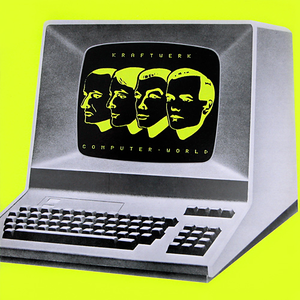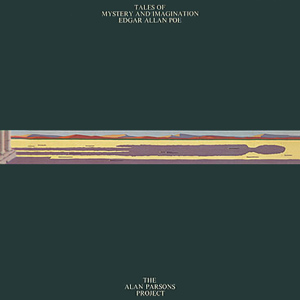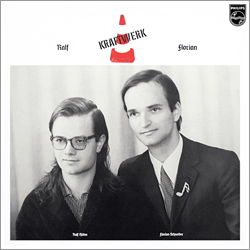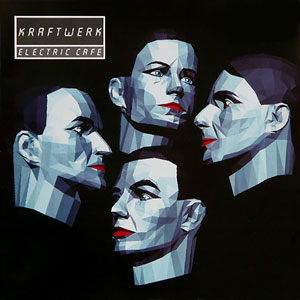| Industrie und Melodie | ||||
|---|---|---|---|---|
 | ||||
| Studio album by Cosmic Baby | ||||
| Released | December 2006 | |||
| Recorded | November 1997 – January 1999 | |||
| Genre | Techno, electro, industrial, IDM, house, chill-out, ambient, breakbeat, electronica | |||
| Length | 58:09 | |||
| Label | Time Out of Mind Records | |||
| Cosmic Baby chronology | ||||
| ||||
Industrie und Melodie is in all the sixth studio album by Cosmic Baby and his fifth under that pseudonym. The title is German for "industry and melody".
A pseudonym or alias is a name that a person or group assumes for a particular purpose, which can differ from their first or true name (orthonym).

German is a West Germanic language that is mainly spoken in Central Europe. It is the most widely spoken and official or co-official language in Germany, Austria, Switzerland, South Tyrol (Italy), the German-speaking Community of Belgium, and Liechtenstein. It is also one of the three official languages of Luxembourg and a co-official language in the Opole Voivodeship in Poland. The languages which are most similar to German are the other members of the West Germanic language branch: Afrikaans, Dutch, English, the Frisian languages, Low German/Low Saxon, Luxembourgish, and Yiddish. There are also strong similarities in vocabulary with Danish, Norwegian and Swedish, although those belong to the North Germanic group. German is the second most widely spoken Germanic language, after English.
Contents
The album was recorded between 1997 and 1999, when it had the working title Rotes Quadrat auf Schwarzem Grund (Red Square on a Black Background). Originally planned for release in 2000, it was in the end only released in December 2006, under its current title. Around the same time as Industrie und Melodie the much more ambitious Heaven album was recorded.
A working title, sometimes called a production title or a tentative title, is the temporary title of a product or project used during its development, usually used in filmmaking, television production, novel, video game development, or music album.

Heaven is a music album by techno/trance artist Cosmic Baby which was released in 1999. It is Cosmic Baby's fourth full-length album. It was his final album before his break from recording as Cosmic Baby, as well as his final album in traditional Cosmic Baby style. At the end of 2006 he returned as Cosmic Baby with the album Industrie und Melodie.
Industrie und Melodie makes use of analog synthesizers from the 1970s and was influenced by electronic artists active in that period, such as Kraftwerk, Tangerine Dream and Vangelis, but also by more contemporary artists such as Autechre, Aphex Twin and Orbital. The album differs from most of the other works by Cosmic Baby in that the music is more playful and experimental, in the lines of 1996's Fourteen Pieces (although Industrie und Melodie is more minimalistic in its arrangements and has an overall darker atmosphere). Furthermore, the digital piano sound typical for Cosmic Baby is not heard in it.

An analogsynthesizer is a synthesizer that uses analog circuits and analog signals to generate sound electronically.
Electronica encompasses a broad group of electronic-based styles such as techno, house, ambient, jungle and other electronic music styles intended not just for dancing.

Kraftwerk is a German band formed in Düsseldorf in 1970 by Ralf Hütter and Florian Schneider. Widely considered to be innovators and pioneers of electronic music, they were among the first successful acts to popularize the genre. The group began as part of West Germany's experimental krautrock scene in the early 1970s before fully embracing electronic instrumentation, including synthesizers, drum machines, vocoders, and home-made experimental musical instruments. On commercially successful albums such as Autobahn (1974), Trans-Europe Express (1977), and The Man-Machine (1978), Kraftwerk developed a self-described "robot pop" style that combined electronic music with pop melodies, sparse arrangements, and repetitive rhythms, while adopting a stylized image including matching suits.














